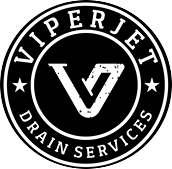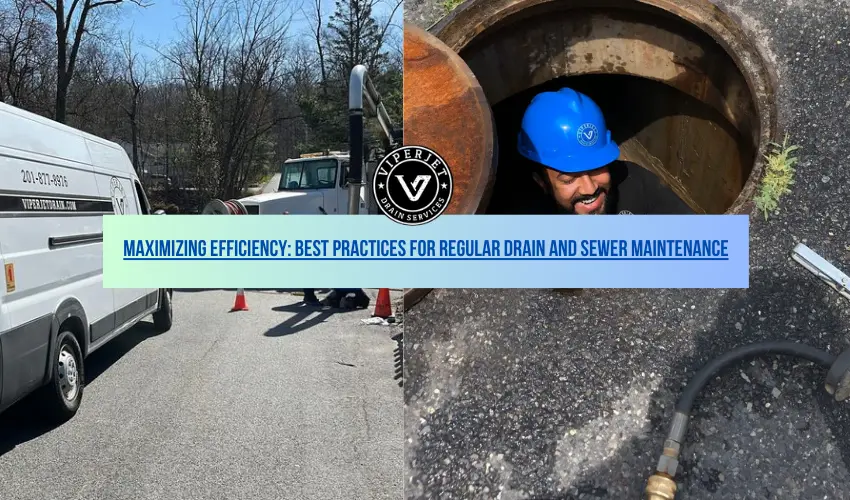Maintaining an efficient plumbing system is crucial for any property, whether residential or commercial. Regular drain and sewer maintenance can prevent costly repairs, minimize downtime, and ensure a clean and healthy environment. This article outlines the best practices for maximizing efficiency through consistent maintenance of drains and sewer systems.
1. Schedule Regular Inspections:
Routine inspections are the cornerstone of effective drain and sewer maintenance. Scheduling regular inspections with a professional plumber can help identify potential issues before they escalate into major problems. Use advanced techniques like video camera inspections to thoroughly examine the condition of pipes and pinpoint areas that need attention.
2. Implement Preventive Cleaning:
Preventive cleaning is essential to keep drains and sewer lines clear of debris and buildup. Hydro jetting is a highly effective method that uses high-pressure water to remove grease, scale, and other blockages from the pipes. Regularly scheduled hydro jetting can help maintain optimal flow and prevent clogs from forming.
3. Monitor Water Usage:
Excessive water usage can strain your plumbing system and lead to blockages. Encourage water conservation practices such as fixing leaks promptly, using water-saving fixtures, and educating occupants about the importance of mindful water use. Monitoring water usage can also help detect leaks early, reducing the risk of severe damage.
4. Proper Disposal of Waste:
One of the main causes of drain and sewer clogs is improper disposal of waste. Educate everyone using the plumbing system on what can and cannot be flushed or washed down the drains. Avoid disposing of grease, oils, coffee grounds, and fibrous foods in kitchen sinks. In bathrooms, make sure only human waste and toilet paper are flushed, and use strainers to catch hair and soap residue in shower drains.
5. Use Enzyme Cleaners:
Enzyme-based cleaners are a safe and eco-friendly option for maintaining clean drains. These cleaners use natural bacteria and enzymes to break down organic matter, reducing the risk of clogs and foul odors. Incorporate enzyme cleaners into your routine maintenance schedule to keep drains flowing smoothly.
6. Install Drain Covers and Traps:
Installing drain covers and traps can prevent large debris from entering the plumbing system. Use mesh drain covers in sinks, showers, and tubs to catch hair, food particles, and other solids. Clean these covers regularly to ensure they remain effective.
7. Address Issues Promptly:
Even with regular maintenance, issues can still arise. Addressing problems promptly can prevent them from becoming more severe. If you notice slow drainage, unusual noises, or unpleasant odors, contact a professional plumber immediately to diagnose and fix the problem.
8. Maintain Sewer Lines:
In addition to maintaining drains, it’s crucial to keep sewer lines in good condition. Tree roots, shifting soil, and aging pipes can all cause sewer line issues. Regularly inspect and clean sewer lines, and consider trenchless repair methods for minimal disruption if repairs are needed.
9. Educate Occupants:
Everyone using the plumbing system should be aware of best practices for drain and sewer maintenance. Provide guidelines and training to occupants on proper disposal methods, water conservation, and recognizing early signs of plumbing issues.
10. Work with a Professional:
Partnering with a professional plumbing service ensures that your drain and sewer maintenance is handled expertly. Professional plumbers have the knowledge, experience, and tools to perform thorough inspections, cleanings, and repairs, ensuring your system remains efficient and reliable.
Conclusion:
Maximizing the efficiency of your drain and sewer systems requires regular maintenance, proper waste disposal, and prompt attention to any issues. By implementing these best practices, you can prevent costly repairs, reduce downtime, and maintain a healthy plumbing system. Whether you’re a homeowner or manage a commercial property, prioritizing regular drain and sewer maintenance is essential for long-term efficiency and peace of mind.

